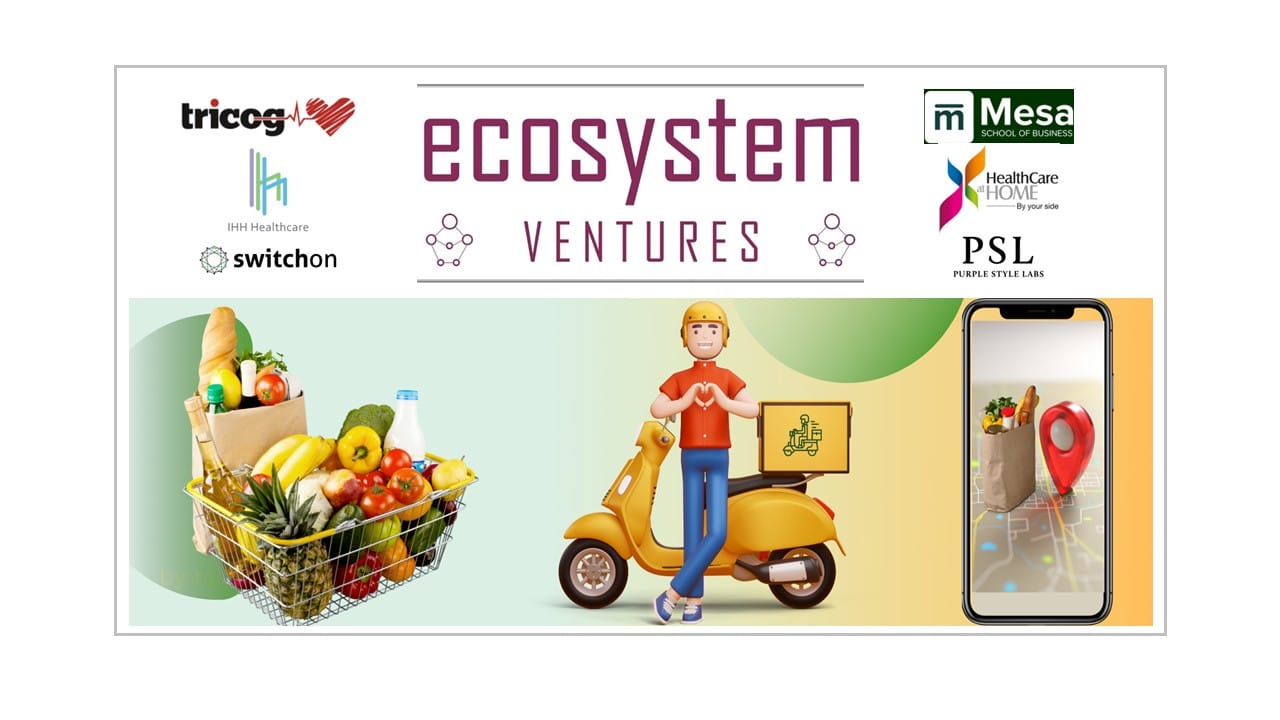Who wants a 10-minute delivery?
Quick commerce is always up for a quick debate on social media. Some outrightly question the utility of providing FMCG products or groceries in less than 10 minutes terming it as inhuman. Others argue for habit altering shifts in Indian FMCG consumers and pitch select use cases where quick commerce has penetrated online retail space.
Last week, delivery partners of Zomato owned Blinkit, across Delhi NCR, went on a strike to protest against the revised pay-out structure. Company shifted from a flat Rs 25 per delivery (plus Rs 7 during peak hours) to a minimum of Rs 15 for each delivery with a distance-based component. As per reports, around 100 Blinkit dark stores were shut temporarily because of the strike. The company has around 400 dark stores, almost half of which are in the Delhi-NCR region.
Unlike food-delivery services, where gig-workers are free to transport across regions, riders working with quick-commerce platforms are linked to certain dark stores that they have signed on with.
As this post traces the evolution of quick commerce since the dot com boom of the late 90’s, it has remained a challenging space, with a profitable startup yet to emerge. In the US this has been tried multiple times and failed miserably. The challenge arises from the optimisation of three key metrics in an inherently low margin business of quick commerce – Average Order Value (AOV), appropriate SKU selection at the ‘dark stores’ (localised mini warehouses), and delivery fees. (typically within a range of <2 Km)
It has been a hotly contested space in India too with Instamart (Swiggy), Blinkit (Zomato), Dunzo (backed by Reliance), Big Basket (backed by Tatas) vying for a pie. Zepto was the latest addition in 2021.
Zepto championed its entry through brand postioning itself as the fastest quick commerce platform by claiming ‘less than 10 min delivery’, much shorter delivery time than those offered by the competition. Naturally, it led to a lot of social media chatter, with consumers debating the merits of such a service. Here is an exchange between twitter savvy Anand Mahindra, circumspect about 10 min promise, being engaged by the Zepto founder Aadit Palicha. Zepto and others have later abandoned marketing communication around delivery time.
The most visible aspect of quick commerce are the delivery partners. There have been numerous reports of delivery partners cutting corners on traffic rules, in order to make quick incentive payouts, at huge personal risks. Given the condition of roads and traffic in most of the metro cities, there exists a strong case for partner safety. Companies have periodically addressed these concerns through their MarComm. They have retained customers and delivery partners through a mix of free deliveries and higher fixed payout to partners respectively.
It is in this context of prolonged growth focused operations of quick commerce players, one should read the Blinkit delivery partners strike as the company shifts the focus to unit economics.
It appears certain use cases for quick commerce have been established in metro and tier 1 cities. Invariably these come from high income households, who are most likely to trade convenience, and break a fortnightly/weekly trip to a nearby store or a supermarket into multiple unplanned instantaneous purchases. But in all likelihood quick commerce would continue to be an additional service offering of a larger ecommerce platform.
Startup Funding Summary
PURPLE STYLE LABS, Mumbai-based D2C platform, has raised $14 Mn in Series C funding from ValueQuest scale fund, Singularity growth opportunities fund I, ValPro, Masaba Gupta and other HNIs – Read More
Tricog Health, Bengaluru-based healthtech startup, has raised $9 Mn in Series B2 funding from Omron Health Care, Sony Innovation Fund and other HNIs – Read More
SwitchOn, Bengaluru-based Vision AI startup, has raised $4 Mn in Series-A funding from Axilor Ventures, pi Ventures and other HNIs – Read More
Mesa School, Bengaluru-based edtech startup, has raised $4 Mn in a funding from Elevation Capital and other HNIs – Read More
Two Brothers Organic Farm, Pune-based agritech startup, has raised an undisclosed amount in Pre-Series A funding from Akshay Kumar, Virender Sehwag and other HNIs – Read More
M&A Snippets
Kuala Lumpur-based hospital IHH Healthcare has acquired New Delhi-based hospital Medeor for $27 Mn – Read More
Noida-based medical service provider HCAH has acquired Bengaluru-based medical service provider Nightingales for an undisclosed amount – Read More
California-based data analytics platform ThoughtSpot has Acqui-Hired Bengaluru-based data analytics platform Sagas IT Analytics for an undisclosed amount – Read More
Arizona-based IT services provider Nextiva has acquired Bengaluru-based social media analytics startup Simplify360 for an undisclosed amount – Read More


Comments are closed.